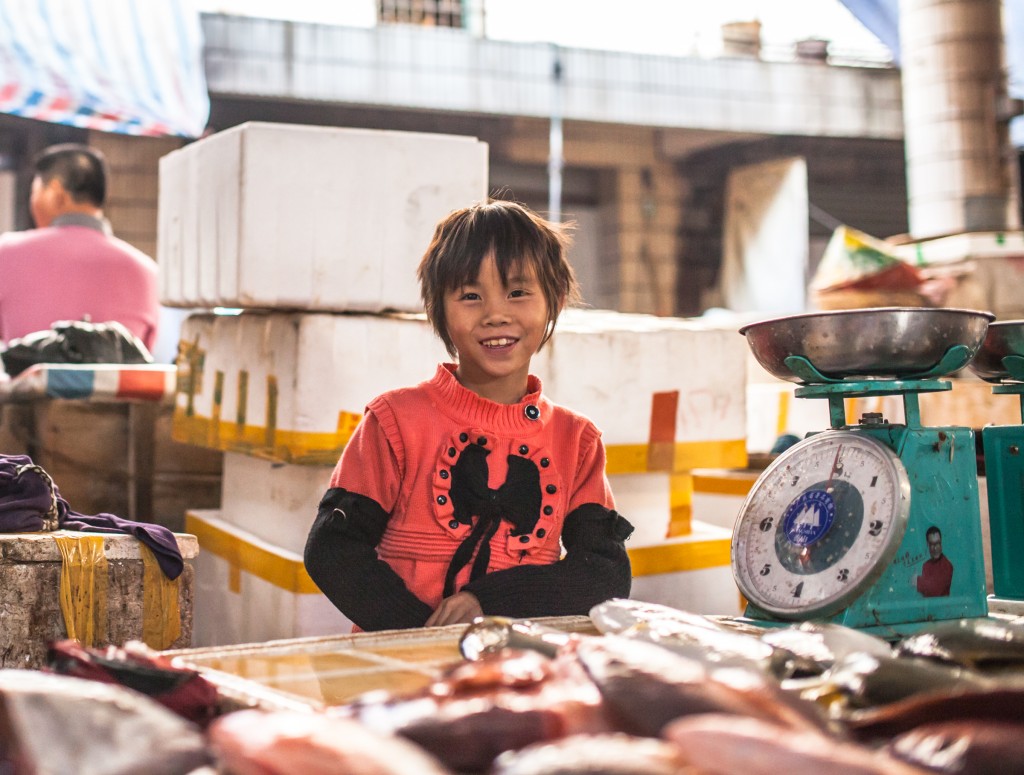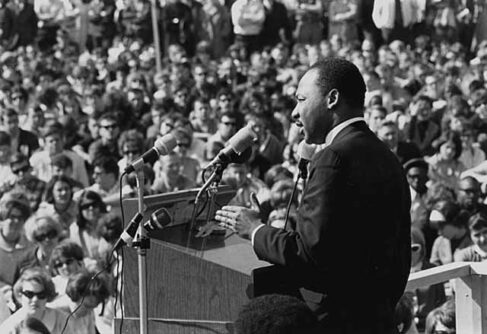Pulitzer Prize–winning author Mei Fong’s new book One Child: The Story of China’s Most Radical Experiment is a history of this infamous policy, instituted in 1980 and discontinued only last year.
In her book—and also at a discussion of her book I attended recently—Fong dwells on the inhumanity of the one-child policy. Among the horrors she recounts is that of a woman, heavily pregnant with an “out-of-plan” child, being dragged out of a pond, where she had sought to hide, in order to force her to submit to an abortion.
But the book goes far beyond recounting these horrors to describe the one-child policy’s very wide-ranging consequences for Chinese society. In particular, Fong describes how the state’s intrusion into the private space of the family also undermines the institutions of civil society. Consider:
- One of the most direct ways that the one-child policy undermined civil society is the way it made neighbor distrust neighbor, as people feared being punished by local family planning officials for out-of-plan children.
- The policy profoundly also disenfranchised 13 million children born without the proper permissions and whose parents couldn’t afford a birth fine. These outlaw “black children” were denied schooling and medical care—and, as adults, denied the opportunity to work legally or to get married. They have no standing to participate in the economy or civil society.
- Adults born during the one-child policy years are burdened by the so-called “4:2:1” problem, namely the situation where a two adults might need to support their four parents at the same time that they raise their own only child. In the United States we talk about the “sandwich generation” raising children while also caring for aging parents; but in the United States those in the sandwich generation usually have siblings to help carry the burden. Under the one-child policy, there are no siblings (or aunts, uncles, or cousins) to help—and no time left over for engagement with civil society.
- Moreover, many born during the one-child years were raised as spoiled “Little Emperors,” less inclined to serve the good of the community. One study that compared those born just before the one-child policy was imposed to those born in the early years of the one-child policy found that “…the Little Emperor generation were less generous … [and] Little Emperors exhibited less trust and trustworthiness.”
- The one-child policy infamously resulted in the distortion of the ratio of men to women, with enormous consequences—including the creation of a class of men who will drift without becoming part of a household and without a personal, familial motive for being active members of their communities.
But, most fundamentally, the one-child policy undermined civil society by undercutting the habits of freedom that are essential a robust civil society. As one demographer who opposed the one-child policy recounted to Fong:
I gradually realized it is not about giving birth to one or two children. It is about people making their own decisions (emphasis added).
The freedom of people to make their own decisions is the true root of a robust civil society. Today China has to contend with the many deleterious consequences of its one-child policy experiment, including the rapid aging of its population and the imbalance in the ratio of men to women, but also the damage to civil society.






